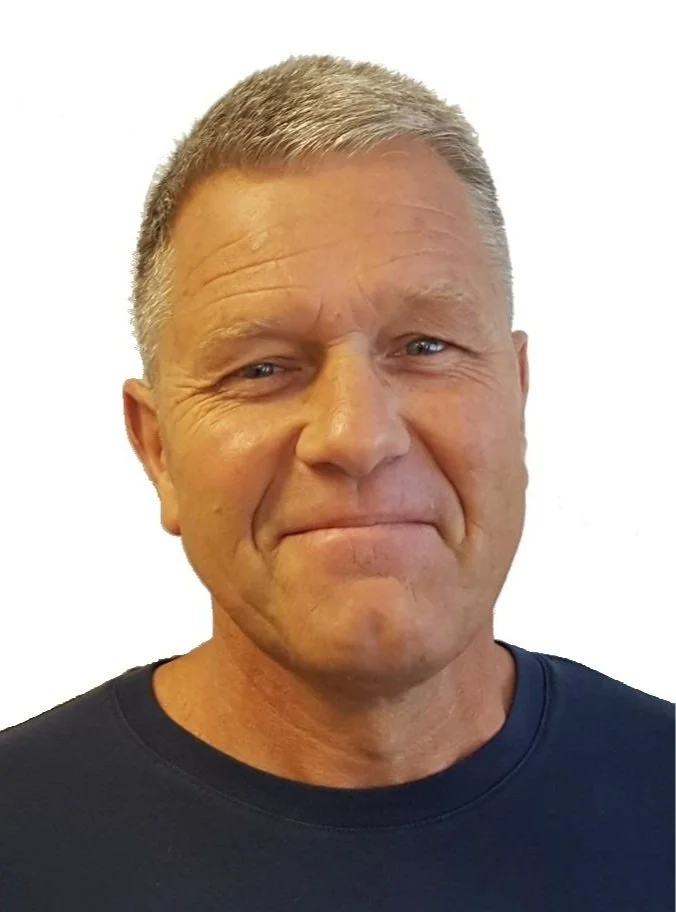Brent Sheather
“Thanks for visiting our website”

About us
Private Asset Management (PAM) provides investment administration services to a team of three Financial Advice Providers (FAPs), who advise on $1.2 billion of assets for retail investors around New Zealand. Brent Sheather and Graeme Tee were originally part of Craig & Co Ltd, NZ’s largest private client stockbroker, and have been joined in 2018 by Angela Maunsell-Terry to support the firms’ rapid growth.
In March 2001 Brent Sheather bought the Whakatane Branch of Craig & Co Ltd, renaming it Private Asset Management Ltd, and Craig & Co Ltd was merged with ABN Amro NZ Ltd, becoming ABN Amro Craigs Ltd (ABN). In September 2009 ABN was renamed Craigs Investment Partners (CIP).
PAM is based in Whakatane and provides Administration Services to three Financial Advice Providers, Brent Sheather, Graeme Tee and Angela Maunsell-Terry. Brent is a member of INFINZ and has a Management Studies degree from Waikato University. He also completed the investment analysis course of study for admission to the NZ Society of Investment Analysts in 1986. Graeme is a member of INFINZ and AIMR. Between them they have over 50 years of practical experience in the investment advisory industry. Prior to this Brent was employed as an Economist at Tasman Pulp and Paper which he left after four years to form Craig & Co with Neil Craig. Graeme joined Craig & Co in 1986 as a fixed interest dealer. Brent Sheather writes regular articles on personal finance related matters and his articles are published in the National Business Review. Prior to this his articles were published in the NZ Herald. Brent's articles have been published more or less continually since 1996.


HOW IS OUR STRATEGY DIFFERENT?
We differ from most other financial advice providers in NZ in that we:
Do not follow fashion. Blindly “going with the flow” is a recipe for disaster as the many investors with worthless technology shares will attest. We are under no pressure to “make sales”, or meet targets and are prepared to underperform in the short term in order to protect capital and ensure an attractive longer term return.
Recognise that fees are one of the biggest determinants of returns over the long run. Our low fees reflect this belief and we have searched the globe for managed funds with low expense ratios. We invest our own money in the products we recommend and pay the same fees that our clients pay.
Closely monitor the listed investment company universe with a view to buying assets at a discount when sectors go out of favour and similarly selling closed end funds when they go to unrealistic premiums. At the time of writing we are selling a closed end fund at an 11% premium to NAV having bought it at an average 15% discount to NAV. We are reinvesting these funds in an exchange traded fund at NAV and expect to buy back into the managed fund again at a discount within 5 years or so.
Use realistic assumptions about future returns. In the five years ended November 2000 the world stockmarket returned 24.2% pa, due mainly to falling inflation. In the next 20 years, without the benefit of falling inflation, equity returns should average 9-10% pa before fees and tax. Fee structures of 3% pa and more are obviously ridiculous in this context.
Are genuinely independent and are fee based advisors, so our recommendations to clients are completely free of any bias. The products we use pay no commission and none pay any trailing fees. We don’t flog “new issues” or junk bonds to clients just because they pay high commission. We don’t have a “corporate” department with loyalties to companies for whom we act. We don’t have any institutional clients. If fund managers charge high fees or generally act the goat we are not afraid to say so. We answer to our clients only. We are genuinely independent.
Have been helping people invest their money for more than 36 years. We got first hand experience of the dangers of speculation and fashion in 1987. One of the biggest assets we bring to an investment plan is a knowledge of what constitutes a balanced portfolio and what does not.
The starting point for many financial plans is the level of investment income required. Thus we have an intense focus on dividend income and we know r = d + g ie: the return = dividend + the rate of profit growth. We therefore focus our attention on markets and stock with the highest sustainable and safe (d). This usually involves buying funds at a discount to NAV which thus results in a higher dividend to shareholders.
Advocate a simple “buy, hold and periodically rebalance” strategy which can be contrasted with the aggressive trading strategies that are employed by many of our high profile (and high cost) competitors. We do not aggressively trade our clients’ portfolio or our own – if we did this could compromise their capital gains tax free status.
Use investment trusts and index funds to achieve our clients’ equity and property exposure. These products have the lowest fees available and offer suitable levels of diversity.

